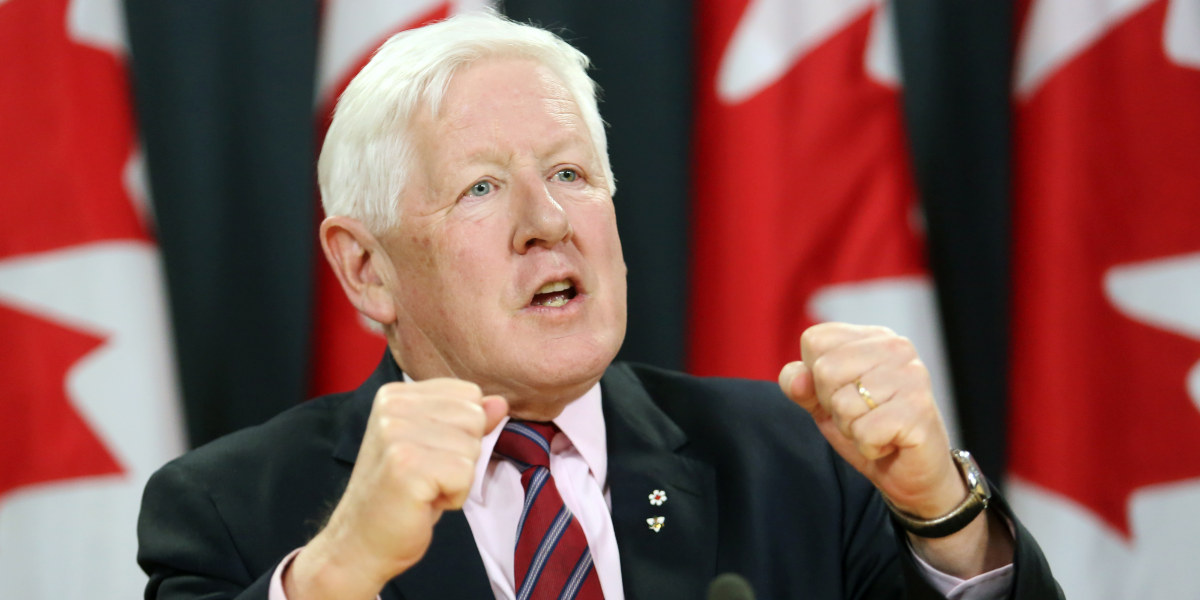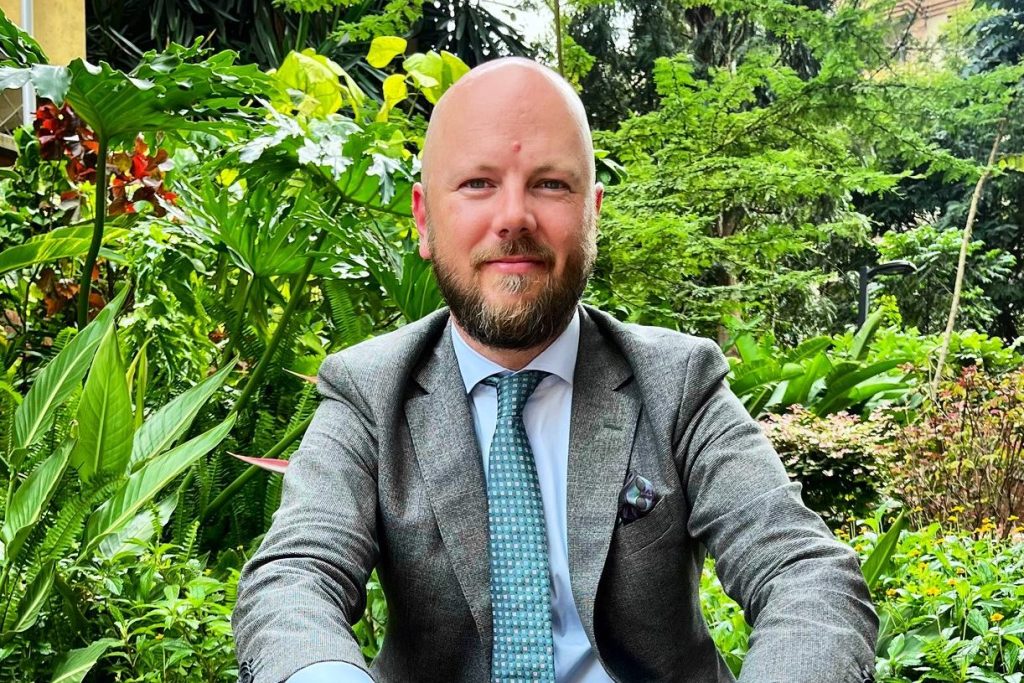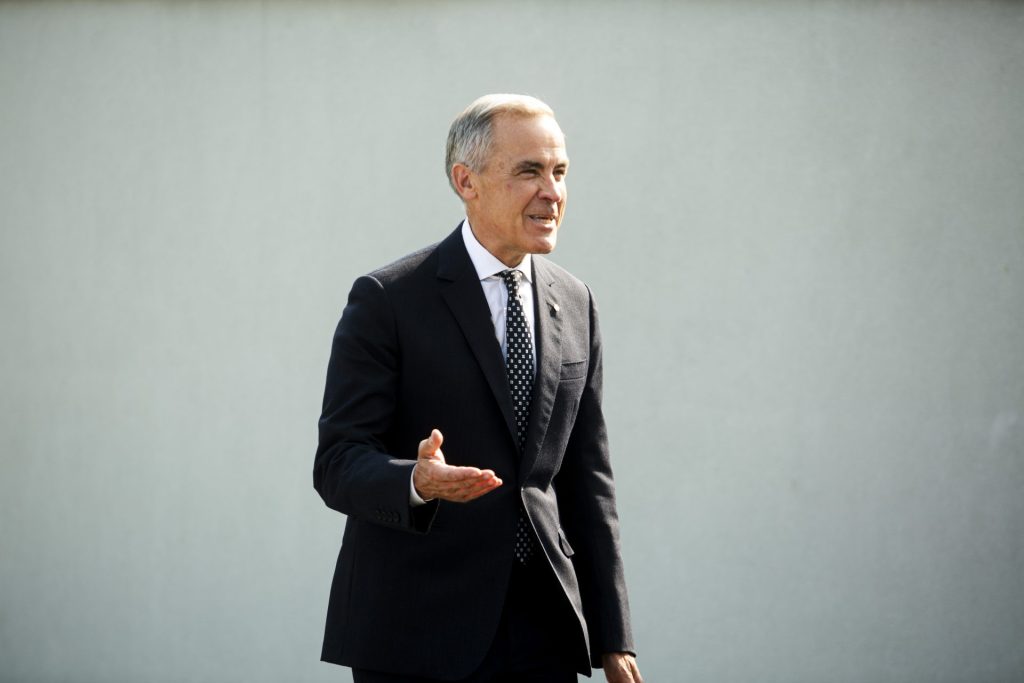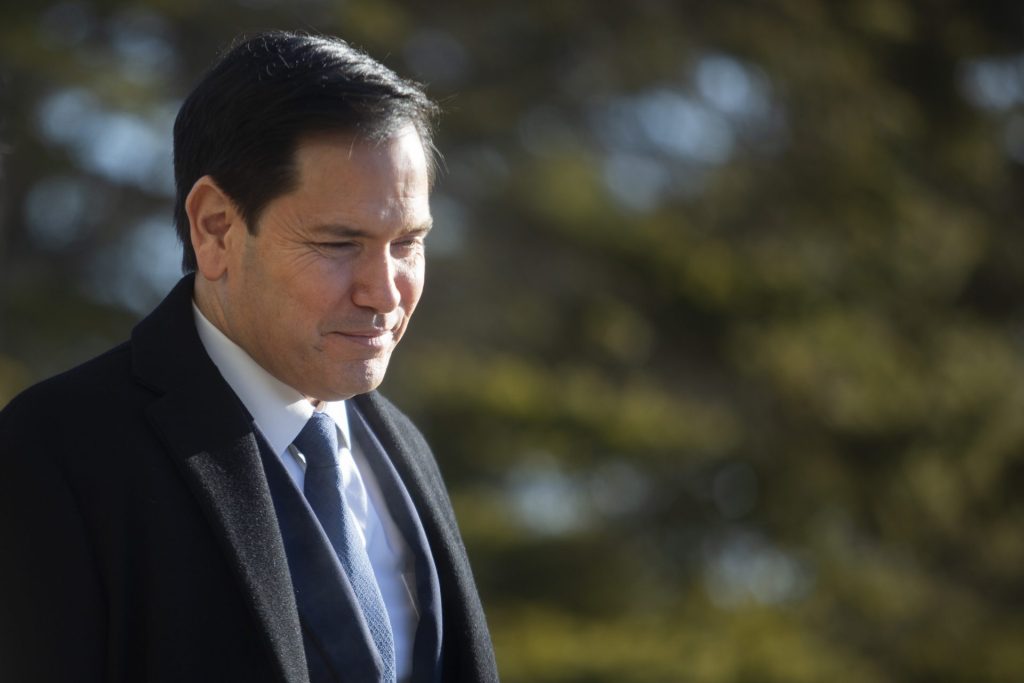Canada’s deafening silence defending the International Criminal Court

The response was swift, until it wasn’t. Reacting to U.S. sanctions against International Criminal Court (ICC) officials—including Canadian judge Kimberly Prost—Canada’s ambassador to the United Nations Bob Rae called the move “disgraceful.” He added that “attacks” on ICC staff “by Russia, Israel, and the U.S. are intended to weaken and intimidate the international system.” And then Ambassador Rae’s tweet was deleted, replaced by the deafening and defining silence that has come to characterize Canada’s attitude towards the ICC.

Will Canada finally stand up for the court it helped create? Will it defend its diplomats? Or is silence in the face of American attacks the cost of Ottawa’s efforts to placate President Donald Trump?
Let’s take a few steps back, first to 2020 and then late 2024.
This is not the first time the United States has sought to destroy the ICC. Doing so is something of a Republican Party pastime. American disdain for the institution is purportedly due to the court potentially investigating American citizens for alleged war crimes committed in Afghanistan, and the ICC’s warrants for Israeli leaders over atrocities perpetrated in Gaza. In truth, American disdain for the ICC has always been about control, and Washington’s unrelenting insistence that it determine what the court can and cannot do.
In 2020, the Trump administration issued sanctions against then ICC prosecutor Fatou Bensouda and threatened to do so against others, including Canadian deputy prosecutor James Stewart.
After a muted initial response, Canada joined other states and spoke out against such egregious use of sanctions—a tool typically reserved for criminals and terrorists, not those who try to hold them accountable. Canada also managed to prevent U.S. sanctions being applied to its citizens.
Within months, Trump was out of power. Washington still opposed much of the ICC’s work, but the threat of coercive tactics was brought to heel.

The Hill Times photograph by Andrew Meade
The reprieve didn’t last. When Trump won the 2024 presidential election, it was obvious that his MAGA regime had the ICC in its crosshairs. At an annual conference of member states of the court in December, the issue of sanctions dominated the meetings. I know because I was there. So, too, was Canada. Among the questions being asked by diplomats and court staff alike: could the ICC survive another Trump administration?
If the ICC is to survive, it needs its members’ support. Yet not only has Canada failed to prevent the sanctions against its own citizens, it has remained silent in the face of American attacks on the court and left its diplomats and international judges in the lurch. Why?
The obvious answer is that Canada views support for the ICC as expendable during the ongoing economic negotiations with the Trump administration. But there’s more to it: Canada’s reluctance to support the ICC is not a one off; it’s an emerging pattern, started under Prime Minister Mark Carney and exhibited with the refusal of Canada to sign multiple statements defending the institution and its staff.
Another path is possible. Here’s what it could look like.
First, Canada should unequivocally and publicly condemn the sanctions and any effort to undermine the independence and operations of the ICC. It has been reported that Foreign Minister Anita Anand raised the U.S. sanctions in a meeting with the person who authorized them, Secretary of State Marco Rubio. But in her own description of the topics discussed, the ICC didn’t come up. Condemning the condemnable should be low-hanging fruit, and therefore step one. Being unable to do this basic step also makes Ottawa look weak—something Trump loves to take advantage of.

Second, Ottawa should identify novel ways to support the work of the ICC. Canada need not like everything that the ICC does; respecting the rule of law means respecting court decisions, not liking all outcomes. Among other things, Canada could push for investigations that will help demonstrate the ICC’s ongoing relevance. For example, it could actively support a probe into Iran’s sponsorship of Hamas as a form of aiding-and-abetting war crimes.
Third, if Canada is not capable of removing sanctions against Prost and other ICC staff, it should invoke laws to protect their ability to travel and conduct their finances. As sanctions specialist John Boscariol explains, Canada should issue a “Foreign Exterritorial Measures Act blocking order that makes it illegal [for companies and institutions] to comply with these U.S. sanctions measures.”
There is no shortage for what Canada can do to support the ICC during this crisis because, it would appear, it has done nothing yet. Ultimately, the government should not see American belligerence as an attack on an institution but on the rules-based order Canada purports to promote, and whose maintenance is in Canada’s interest.
In his since-deleted statement, Ambassador Rae said American attacks “must not succeed.” Appeasing Trump is not worth abandoning our principles. Canada helped create the ICC, but its silence is helping those who seek its destruction succeed.
Mark Kersten is an assistant professor in criminology and criminal justice at the University of the Fraser Valley and a senior consultant at the Wayamo Foundation.
The Hill Times





 LICENSING
LICENSING PODCAST
PODCAST ALERTS
ALERTS


